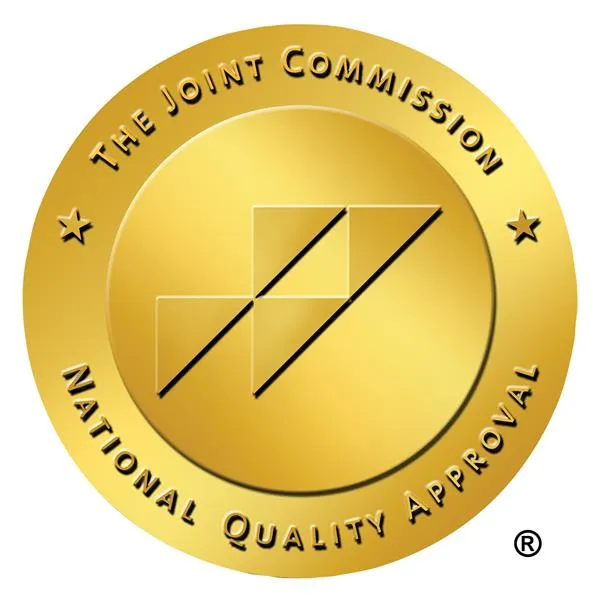Nurse burnout is a serious challenge affecting nurses globally. During the height of COVID-19, the world gained a deeper understanding of the vital role of nurses and how challenging and even life-threatening their work can be. Even after the global pandemic, the criticality and high-stress nature of the work nurses do can’t be understated and, unfortunately, avoided. Thus, nurses need to understand how to combat nurse burnout so that they can shift their focus on what’s important: caring for their mental and physical health so that they can continue caring for those in need.
This article looks at what nurse burnout is and its common signs, as well as effective strategies nurses can adopt to combat nurse burnout.
What is nurse burnout?
Nurse burnout is an occupational phenomenon that occurs when a nurse experiences emotional and physical exhaustion due to the stressful nature of their work. Nursing involves many challenging aspects, including working long hours, juggling multiple complex tasks, and dealing with emotionally challenging situations.
There are several factors affecting nurse burnout. These include having:
- A heavy workload
- Low autonomy or control over the job
- Low schedule flexibility
- Poor social climate/interpersonal support
- High job demands and pressures
- Poor leadership
- Low management support
- Long work hours
- Inadequate staffing
- Job insecurity
Preventing nurse burnout: 3 strategies to try
It’s important to detect the early signs of nurse burnout — such as feeling constantly overworked and not wanting to go to work — to address them before they become a more serious problem. When left untreated, nurse burnout can lead to chronic health conditions, poor patient experiences, and high turnover rates.
Here are three ways to help curb nurse burnout:
Prioritize activities and hobbies that give you joy and keep you healthy
Maintaining a work-life balance is essential for addressing nurse burnout. And for work-life balance to be sustainable and effective, it needs to be a regular part of your daily life. This can be done by prioritizing activities and hobbies that can keep you happy, healthy, and grounded. Engaging in hobbies is linked to reduced stress, lower blood pressure, and better mental health.
For example, make time for an enjoyable activity that can keep you moving, such as walking for 30 minutes to an hour per day before or after work. Not only will this help you stay healthier, but it can also help clear your mind and improve your cognitive function.
You can also develop a love for preparing and making healthy meals, which can help save you money and keep your physical and mental health in tip-top shape. Preparing and eating balanced meals can help boost your immune system and provide you with the energy you need to deal with the stresses associated with your job. A balanced diet composed of lean meats, vegetables, fruits, grains, and dairy can help improve your overall health and mood. Foods rich in omega-3 fatty acids and polyphenols can even help you keep your cortisol levels in check to manage your stress.
Understand the importance of taking breaks and vacations
Nurses who tend to be self-sacrificial —those who go beyond working their usual long hours and push themselves to the limit to help their patients — may be more at risk of experiencing nurse burnout.
When nurses are encouraged to take regular breaks and, from time to time, long vacations, the entire healthcare organization and the patients reap many benefits. In one survey, 94% of employees who take breaks feel like their perspectives on work have been refreshed, while 9 out of 10 employees were more likely to stay at their jobs if they felt support and encouragement from their managers when they take breaks.
Find a work schedule and setup that works for you
For some, the ability to have work flexibility and explore new places can help alleviate burnout symptoms. Travel nursing can allow nurses to work for several weeks and, if they so choose, rest when they need to recharge, which can be challenging to do as a staff nurse.
Travel nurses also benefit from having the ability to explore new places and meet new people, which can increase job satisfaction and reduce nurse burnout.
At Meda Health, our travel nurses get great-paying gigs that match their professional goals and personal needs. With help from our skilled and friendly recruiters and scheduling team, our travel nurses get the support they need to thrive at every job.
Explore open job opportunities here.

